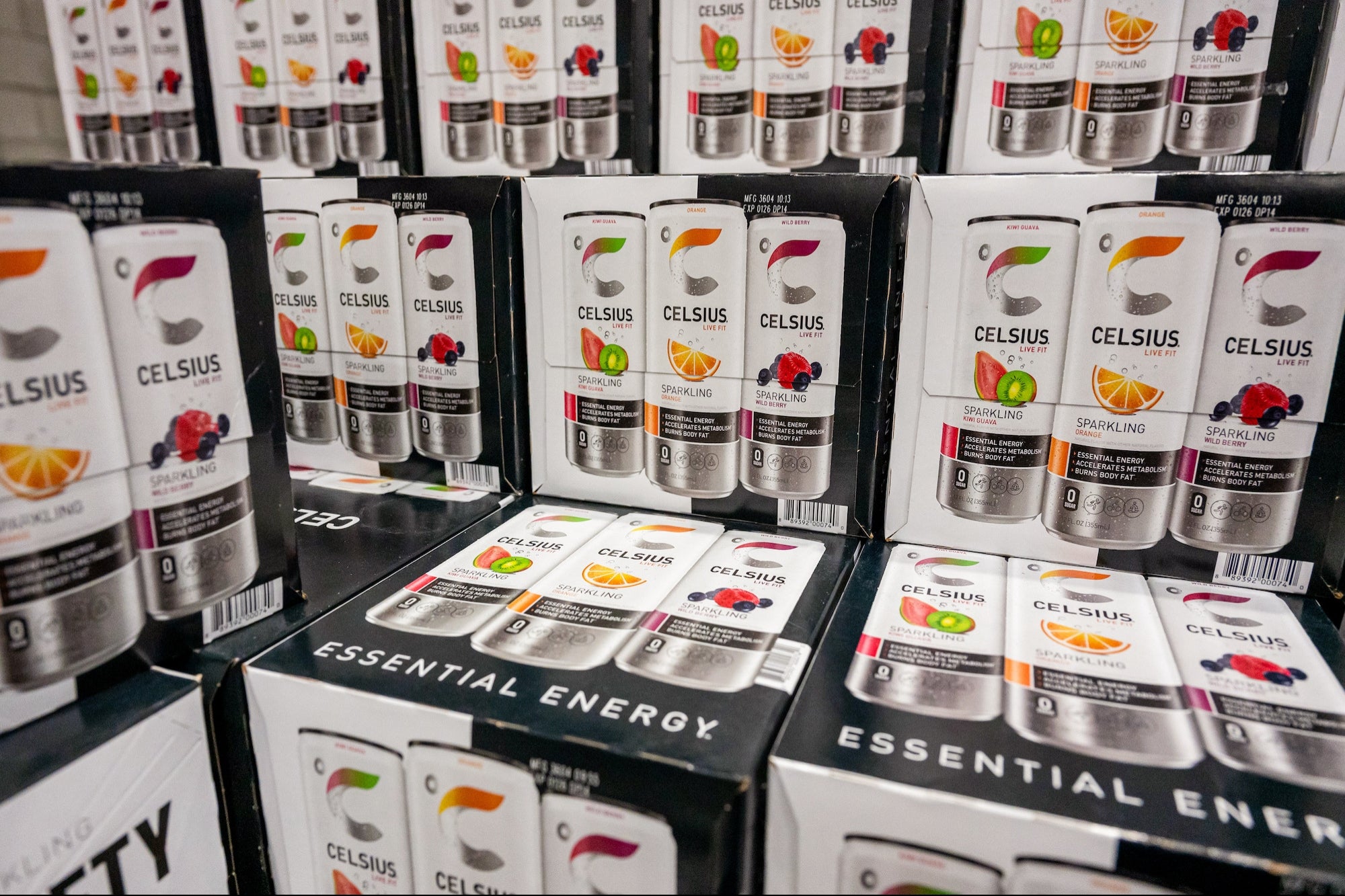How to Create a Positive Work Environment As a Leader A leader's well-being is the cornerstone of effective team management. When leaders support their own and their team's well-being through the practice of 'Expressive Arts,' they create a positive environment that fosters self-awareness, trust, collaboration and productivity within their teams.
By Sam Rockwell Edited by Micah Zimmerman
Key Takeaways
- Expressive Arts boost emotional intelligence and creativity, enhancing leadership and team performance.
- Leaders' well-being is key to fostering a positive, collaborative and high-performing team environment.
- Regular creative activities deepen self-awareness and promote team bonding, trust and innovation.
Opinions expressed by BIZ Experiences contributors are their own.
As a leadership development researcher and consultant, I tend to be intrigued but skeptical when I hear stories about painting as team building or writing poetry to enhance leadership performance. I then found the work of Dr. Michelle Williams, who uses something called "Expressive Arts" to help leaders and their teams increase their emotional intelligence for enhanced team performance and wellness.
I learned that Expressive Arts goes beyond painting and poetry to include a wide range of modalities such as movement, visual arts, writing, sound and music, drama and imagery. Participation in these activities interact in what the late Natalie Rogers called the Creative Connection, leading to enhanced self-awareness, personal growth, emotional intelligence and creativity. Participants have praised these methods for helping them navigate complex emotions surrounding their work life, gain clarity about career decisions, and think more creatively.
Expressive Arts is a powerful option for leaders to gain a safe outlet to process feelings that could otherwise lead to burnout and reduced effectiveness.
By integrating Expressive Arts into leadership development, leaders can develop the self-awareness and emotional intelligence at the heart of empowering leadership styles such as mindful leadership, authentic leadership and transformational leadership. These styles are known for valued organization-level outcomes ranging from enhanced trust to improved performance and decision-making.
According to Williams, the leader's well-being is the cornerstone of effective team management because it directly influences their ability to maintain emotional balance, make sound decisions and communicate clearly. When leaders prioritize their own well-being, they create a positive environment that fosters trust, collaboration and productivity within their teams.
Related: The Thriving Leader: Steps to Mental Wellness and Peak Effectiveness
For this reason, Williams specializes in facilitating Expressive Arts experiences for leaders and their teams. She believes that when leaders model vulnerability and creativity, their team members are inspired to do the same.
In turn, everyone gains more access to their own and each other's abilities, insights and possibilities. Understanding each other's experiences and emotions leads to better team cohesion, trust and a more supportive work environment, ultimately driving organizational success.
Williams outlined three practices to help leaders develop their skills and enhance their team's wellness through Expressive Arts:
1. Identify your creative outlet and set a regular time for creative activities
Start by identifying a creative activity that resonates with you. This could be anything from painting, writing, or playing a musical instrument. The key is to choose something that allows you to express yourself freely, whether that involves journaling, doodling or keeping an art journal.
To incorporate Expressive Arts in your team, dedicate specific times in your team's schedule for these activities. Regardless of the specific activities or timing, consistency is critical for reaping the benefits of creative exploration. Williams typically works with teams over a 6-month period, meeting with them for a 3-hour monthly session.
Related: How BIZ Experiencesial Creativity Leads to Innovation
2. Crystallize new insights
Engaging in creative processes helps you tap into your subconscious thoughts and emotions. Therefore, after engaging in the creative activity, it is essential to reserve time to reflect on what was created and what thoughts, emotions and insights it stirred.
This reflection period enables participants to turn their access to the subconscious into deeper, actionable insights into their motivations, strengths and areas for growth. This process can be greatly enhanced if, following the reflection period, a group discussion is held where team members share their creations and insights gained.
This step converts individual experience into team bonding and collective knowledge, leading to potential takeaways. The group dialogue also builds empathy and understanding, helping team members better appreciate each other's vulnerabilities and strengths.
Related: How Improving Team Dynamics Boosts Workplace Efficiency
3. Create actionable takeaways
The final step is converting the insights gained individually and collectively into actionable goals, tactics and development plans. Each team member and the group as a whole should have a set of goals and plans, which ensures that the Expressive Arts session yields substantive outcomes and progress for the team. This exercise also helps link personal growth with professional objectives, aligning individual aspirations with team goals and boosting motivation and performance.
Embedding Expressive Arts practices into your team's routine can create a dynamic and cohesive work environment where creativity and emotional intelligence drive performance and innovation. Additionally, it is important to remember that leadership is not just about managing others — it's about nurturing yourself to lead effectively.
Integrating creative practices into your leadership routine enhances your self-awareness and emotional intelligence, which are crucial for personal and team success. Embrace this holistic approach to leadership, make it a part of your team's life together, and watch your team meet and exceed its potential.











